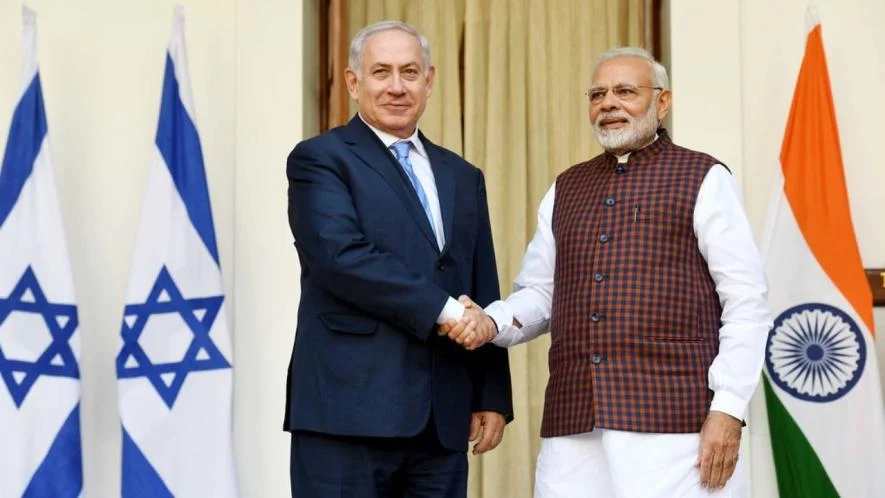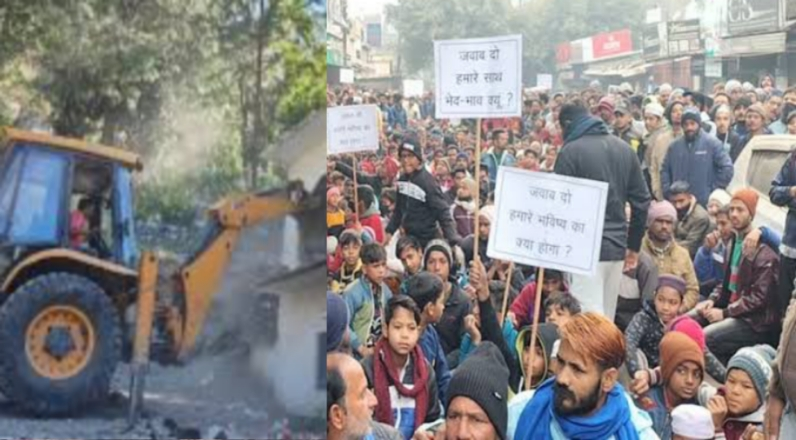May 11, 2024

आधा ज्ञान या आधी जानकारी हमेशा ही खतरनाक साबित होती है।
2021 की जनगणना तक करने में फिसड्डी साबित हो चुकी मोदी सरकार की इकोनॉमिक एडवाइजरी काउंसिल की तरफ से चुनावों के ऐन बीच जारी आंकड़े शायद यही कहानी कहते हैं। इस रिपोर्ट के जरिए 1951 से 2015 के कालखंड के दौरान विभिन्न समुदायों की आबादी में हुए परिवर्तनों के आंकड़े पेश किए गए, जिसमें हिन्दुओं, जैनियों तथा अन्य धार्मिक अल्पसंख्यकों की आबादी मे कुल गिरावट देखने को मिली है, जबकि मुसलमानों की आबादी बढ़ी है। और इस रिपोर्ट को लेकर सत्ताधारी पार्टी के प्रवक्ताओं ने तथा मुख्यधारा के गोदी चैनलों ने जनसंख्या का हौवा दिखाते हुए बहस भी छेड़ने की कोशिश की ।
पीटीआई की तरफ से जारी यह आंकड़े इस प्रकार थे:
वर्ष 1951 से 2015 के बीच जहां हिन्दुओं की आबादी में 7.8 फीसदी की घटोत्तरी हुई वहीं मुसलमानों की आबादी 43.1 फीसदी बढ़ी। अगर हम आंकड़ों का ब्रेकअप करें तो 1950 में जहां आबादी में हिन्दुओं की तादाद 84.68 फीसदी थी तो वह 2015 में 78.06 फीसदी तक पहुंची थी , जबकि मुसलमानों की आबादी जहां 1950 में कुल आबादी का 9.84 फीसदी थी तो 2015 में वह 14.09 फीसदी तक पहुंची। भारत के जैन समुदाय के बारे में भी बताया गया कि उनकी आबादी देश की कुल आबादी के 0.45 फीसदी से लेकर 0.36 फीसदी तक कम हुई है।
पुराने आंकड़े-नया रंगरोगन ?
सबसे पहली बात यह है कि इकोनॉमिक एडवाइजरी काउंसिल की तरफ से जारी इन आंकड़ों में नया कुछ नहीं है। 2011 तक जो जनगणना का सिलसिला विधिवत चला है, उसके बाद यह आंकड़े पहले से ही चर्चा में रहे हैं। ( Read the full article here : https://janchowk.com/beech-bahas/fear-of-increasing-population-reality-and-trap/)









